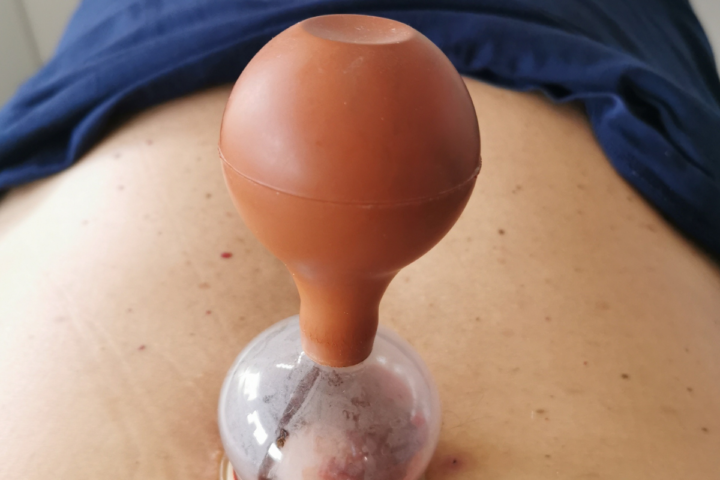Qigong is the name given to breathing exercises dating back to ancient China. The term has two parts - 'qi', meaning life energy, and 'gong', meaning the perfect mastery of something. It is a variety of exercises designed to stimulate the flow of vital qi energy in the body for enhanced immunity and self-healing.
What is Qigong?
Qigong is an exercise with energy called qi. Chinese medicine uses this term to describe the energy that circulates in the human body.
Qigong is called differently with the style of a flying cranebecause the movements when performed are reminiscent of the smooth movements of a crane's wings. Indeed, this bird is a Chinese symbol of pacifism and longevity.
According to Chinese philosophy and medicine, man is a particle of the universe. He receives from it an energy called qi, which circulates through the meridians distributed throughout the body. The unimpeded flow of this energy ensures health, while its blockage or disruption negatively affects bodily functions and activities. Its treatment involves restoring the flow of energy, which Qigong exercises are used to arouse and harmonise.
The formation of Qigong exercises has been influenced by various teachings and philosophies including Taoism, Buddhism, Confucianism, medical theories, the development of Wushu techniques, and folk beliefs, which have enriched it with new viewpoints and understandings. Over a long period of time, many schools of Qigong have taken shape, each with its own philosophy and exercise methods.
Qigong exercises focus primarily on:
- correct posture,
- controlled breathing,
- concentrated meditation,
- consciously directing the flow of energy in the body,
- gentle movements.
This is because all these factors have to work harmoniously together. The practitioner learns to consciously direct the flow of his or her energy to the selected areas and organs affected. Qigong exercises themselves are smooth and soft execution, sequences of movement combined with correct breathing and concentration.

Effects of exercise
Clinical experience has shown that Qigong:
- prevents the development of diseases,
- treats certain conditions,
- maintains good health.
It has been proven that Qigong exercises performed regularly can bring beneficial effects such as:
- strengthening the heart muscle,
- regulation of the central nervous system,
- stimulating circulation,
- pressure reduction,
- improving metabolism,
- improving gastrointestinal function,
- increasing the synthesis of digestive enzymes,
- stimulating the endocrine glands,
- better oxygenation.
Results from patients with osteoarthritis, asthma, diabetes and gastric disorders indicated a gentle improvement in the condition and a great deal of wellbeing in the subjects. The exercises also stabilise the activity of the cerebral cortex, help with insomnia and reduce chronic pain. They mainly work well for people who are stressed, live in a hurry or have a sedentary lifestyle.
How to practice Qigong?
In order to practice Qigong properly, it is important to choose the right places to practice. It is good to do it in a quiet, peaceful place with fresh air. A windless area near a forest or by a lake will be best for this purpose.
The time of exercise is also important. It is best to do it in the morning with the rising of the sun, when yang energy increases. It is also a good idea to exercise after coming from work and before going to bed.
After practising Qigong for some time, one begins to feel a warmth or tingling in the palms of the hands a sign of energy flowing. Initially, sick people may experience symptoms such as vomiting, diarrhoea, pains in various areas of the body and even a temperature. This is a sign that the body is overcoming the illness and these symptoms soon subside. Qigong can also reveal a hidden illness that appears after the exercises have started, but they often allow it to be overcome in a short time.
It is important to follow the order of the exercises. On the other hand, if one is unable to perform one exercise, one should, without discouragement, do another. This is because exercising one group of meridians has the effect of unblocking the others and restoring harmony in them.
Qigong focuses on eliminating excess negative thoughts, has a relaxing effect on the heart, causes tranquillity and relieves stress. The positive effects of Qigong on the heart result in the regulation of the functions of all internal organs.




